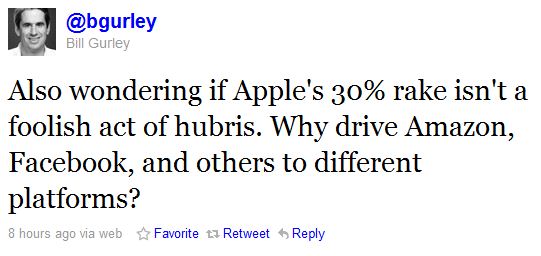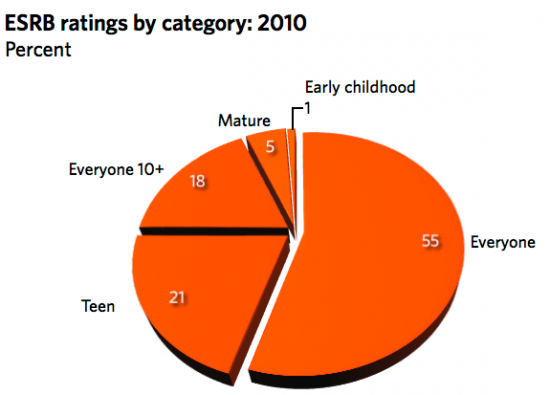[Cross-posted at Truthonthemarket.com]
There is an antitrust debate brewing concerning Google and “search bias,” a term used to describe search engine results that preference the content of the search provider. For example, Google might list Google Maps prominently if one searches “maps” or Microsoft’s Bing might prominently place Microsoft affiliated content or products.
Apparently both antitrust investigations and Congressional hearings are in the works; regulators and commentators appear poised to attempt to impose “search neutrality” through antitrust or other regulatory means to limit or prohibit the ability of search engines (or perhaps just Google) to favor their own content. At least one proposal goes so far as to advocate a new government agency to regulate search. Of course, when I read proposals like this, I wonder where Google’s share of the “search market” will be by the time the new agency is built.
As with the net neutrality debate, I understand some of the push for search neutrality involves an intense push to discard traditional economically-grounded antitrust framework. The logic for this push is simple. The economic literature on vertical restraints and vertical integration provides no support for ex ante regulation arising out of the concern that a vertically integrating firm will harm competition through favoring its own content and discriminating against rivals. Economic theory suggests that such arrangements may be anticompetitive in some instances, but also provides a plethora of pro-competitive explanations. Lafontaine & Slade explain the state of the evidence in their recent survey paper in the Journal of Economic Literature:
We are therefore somewhat surprised at what the weight of the evidence is telling us. It says that, under most circumstances, profit-maximizing vertical-integration decisions are efficient, not just from the firms’ but also from the consumers’ points of view. Although there are isolated studies that contradict this claim, the vast majority support it. Moreover, even in industries that are highly concentrated so that horizontal considerations assume substantial importance, the net effect of vertical integration appears to be positive in many instances. We therefore conclude that, faced with a vertical arrangement, the burden of evidence should be placed on competition authorities to demonstrate that that arrangement is harmful before the practice is attacked. Furthermore, we have found clear evidence that restrictions on vertical integration that are imposed, often by local authorities, on owners of retail networks are usually detrimental to consumers. Given the weight of the evidence, it behooves government agencies to reconsider the validity of such restrictions.
Of course, this does not bless all instances of vertical contracts or integration as pro-competitive. The antitrust approach appropriately eschews ex ante regulation in favor of a fact-specific rule of reason analysis that requires plaintiffs to demonstrate competitive harm in a particular instance. Again, given the strength of the empirical evidence, it is no surprise that advocates of search neutrality, as net neutrality before it, either do not rely on consumer welfare arguments or are willing to sacrifice consumer welfare for other objectives.
I wish to focus on the antitrust arguments for a moment. In an interview with the San Francisco Gate, Harvard’s Ben Edelman sketches out an antitrust claim against Google based upon search bias; and to his credit, Edelman provides some evidence in support of his claim.
I’m not convinced. Edelman’s interpretation of evidence of search bias is detached from antitrust economics. The evidence is all about identifying whether or not there is bias. That, however, is not the relevant antitrust inquiry; instead, the question is whether such vertical arrangements, including preferential treatment of one’s own downstream products, are generally procompetitive or anticompetitive. Examples from other contexts illustrate this point.





 The Technology Liberation Front is the tech policy blog dedicated to keeping politicians' hands off the 'net and everything else related to technology.
The Technology Liberation Front is the tech policy blog dedicated to keeping politicians' hands off the 'net and everything else related to technology.